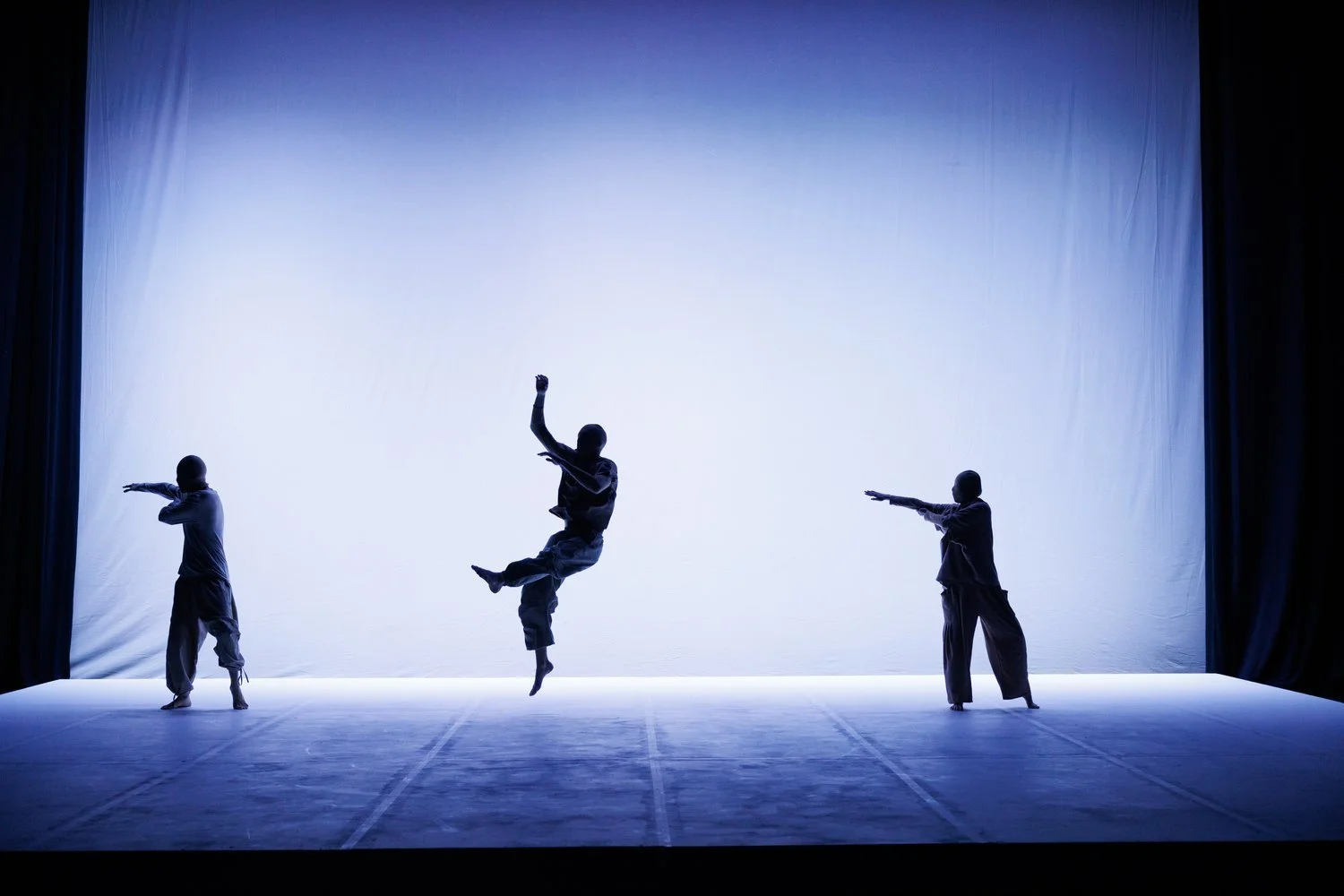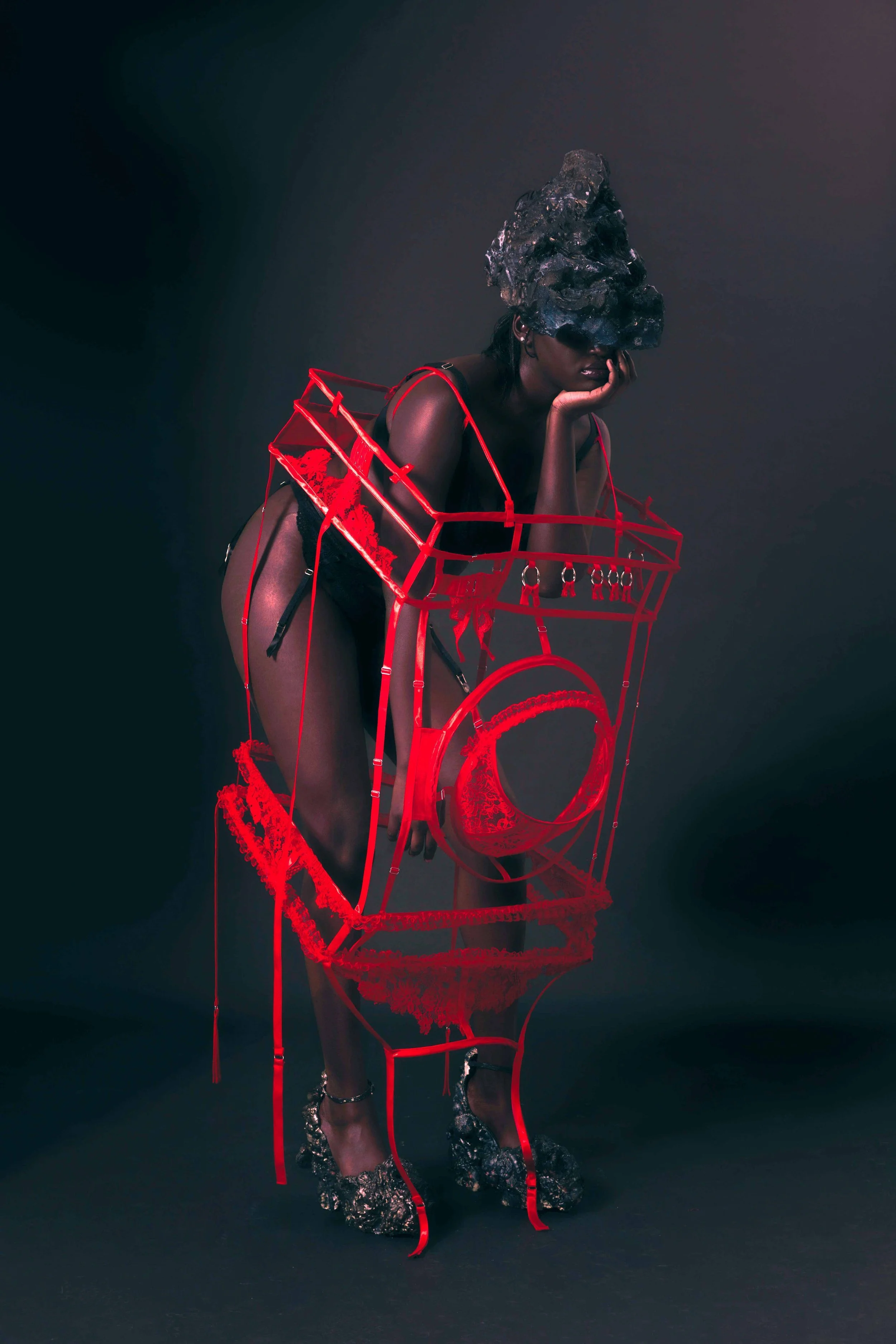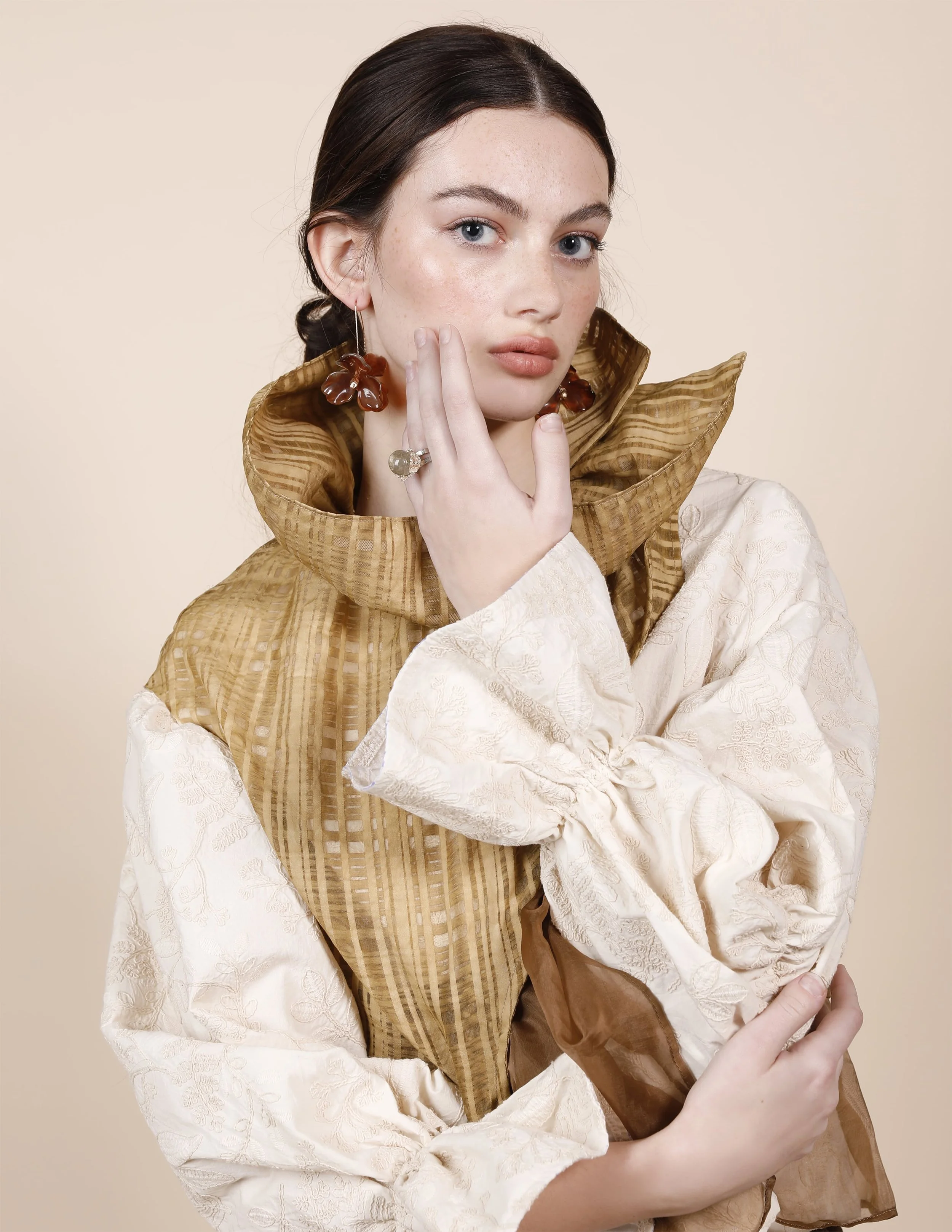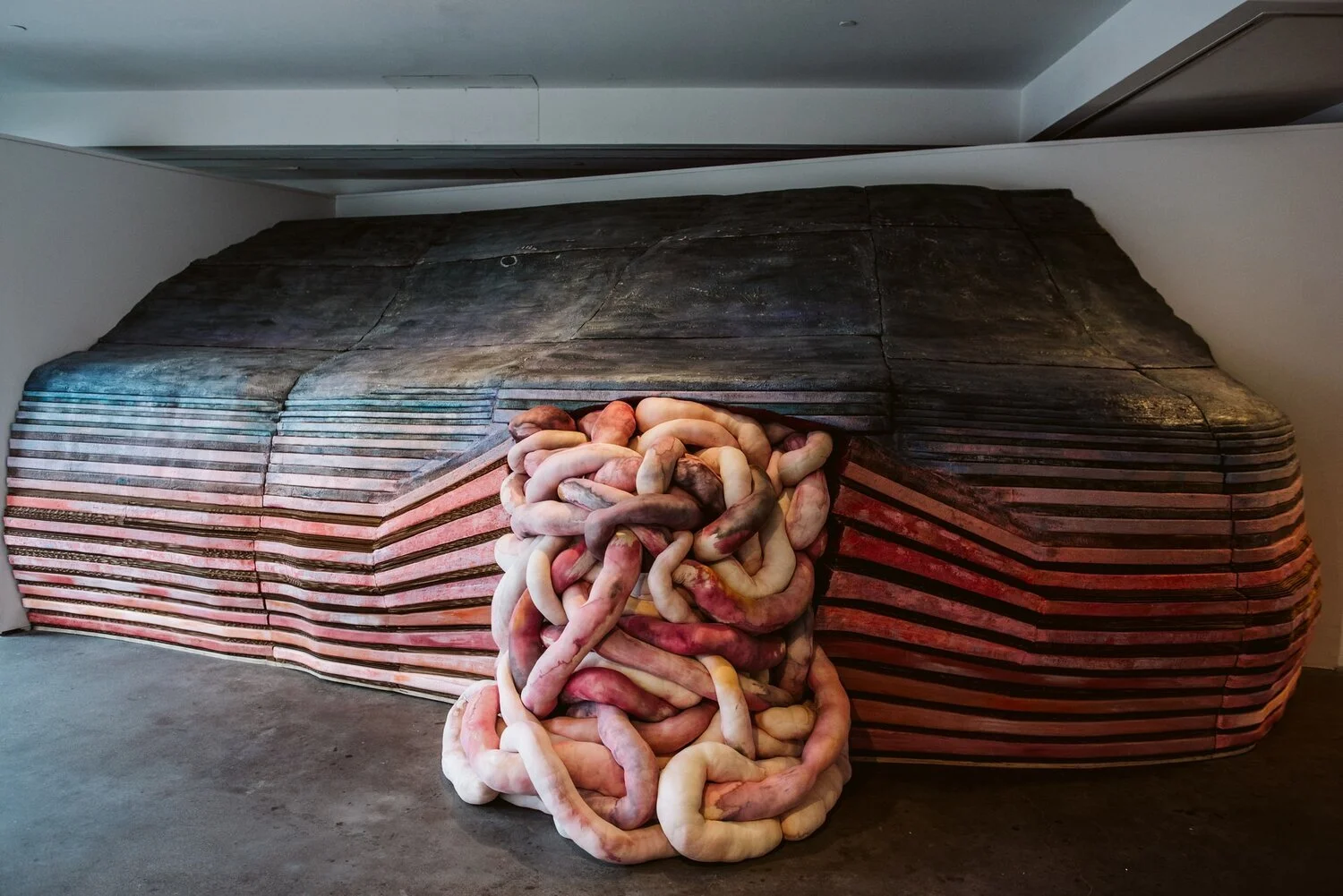INTERVIEW | Angel Jiaqi Qin
Angel Jiaqi Qin is a post-human image weaver. Having lived and studied in Rochester, New York, Beijing, and London, Angel's practice seeks out an exploration of disruptions in the otherwise straight, smooth, and flat narratives. She weaves patterns of imagery from a non-human-centric perspective, questioning the ontological nature of humanity and its relationship with ecology.









![INTERVIEW | miguel costa [maarqa]](https://images.squarespace-cdn.com/content/v1/5a02e24901002767b723f9e8/1634049890411-HBJ6W7214JUNNRF6NGOU/Art_Magazine_Contemporary_Altiba9_Miguel+Costa_4B+Lesser+landscapes_installation_2021.jpg)











